Chess.com’s long-awaited report into Hans Niemann’s chess conduct has been released, with The Wall Street Journal receiving exclusive access to the materials before the 72-page document’s release. In it, the people behind the world’s largest chess site said Niemann’s cheated in more games than he’s admitted to, including a wide variety of prize money online events in 2020.
Though chess.com cannot directly investigate Niemann’s offline play, they’ve flagged his play from six different OTB tournaments based on the same analysis. This wasn’t the only bombshell in the report: the document also states that dozens of grandmasters have been caught cheating on the site, specifically adding that four different players from the world’s top 100 have admitted to foul play.
Niemann hasn’t publicly commented on the report, but it directly contradicts his previous statements. There is still no proof that would imply he’s cheated in over-the-board play as well, but his reputation is clearly in tatters now.
The Hans Niemann cheating saga: a tale of hubris and rage
The 19-year-old American grandmaster’s meteoric rise over the last few years turned into an altogether much more sinister tale as cheating allegations continued to emerge. Niemann was drafted as a last-minute replacement for Richárd Rapport for the Sinquefield Cup, a prestigious invitational tournament. It was later revealed that Carlsen already considered withdrawing from the event upon hearing the news.
Ranked No. 40 in the world on the live charts in classical play at the time, Niemann finished at the FTX Crypto Cup with zero points earned against elite-level opposition: this made his victory against Carlsen, with the Black pieces, no less, such a shocking result, one that ended Carlsen’s 53-game unbeaten streak.
The world champion withdrew from the tournament the very next day—the first time he has done so in his career—hinting at potential foul play in his tweet, linking to José Mourinho’s infamous “if I speak, I’m in big trouble” press conference. He only followed this up with a full statement on Sept. 23, four days after resigning against Niemann in an online event in protest after just two moves.
Niemann’s poor after-game analysis and the emergence of past instances of online cheating caused a significant backlash, but at the time, many in the chess community were also concerned about the world champion’s insinuations without any specific evidence. The 19-year-old American confessed to cheating online at the ages of 12 and 16 in “random games,” saying that “they were the biggest mistakes of his life.” He also insisted that he never cheated while livestreaming a game.
It seems like neither statement was accurate.
Cheating in online chess: a widespread issue?
The 72-page report published by chess.com, first reported by The Wall Street Journal, flagged over 100 instances of likely cheating, with two events from 2015 and 2017 followed by eight different series in 2020. The games include several prize money events and private games against some of the best players in the world like Ian Nepomniachtchi and Daniel Naroditsky, with the former highlighted as “blatant cheating” by chess.com in a letter sent to the young American that was also included in the report.
One key part of the analysis is “browser behavior,” which was referred to as “toggling” in the letter: chess.com’s analysis showed that Niemann made significantly better moves after clicking away from the chess.com window, likely checking an engine in a different tab.
The report explains the impact of computer assistance as such:
“Chess.com employs highly-rated and Grandmaster (GM) Fair Play Analysts precisely because there are many situations where humans are required to understand how ‘human’ vs. ‘computer’ a move actually is. Human chess and computer chess are different, even at the highest levels. The best humans play at an Elo rating of 2800. ‘Stockfish,’ the most powerful chess engine, has an estimated rating of more than 3500. In a theoretical match between World Champion Magnus Carlsen vs. Stockfish, we estimate that it is most likely that Magnus Carlsen would lose every single game—no wins and no draws.”
In a recent interview, Niemann himself said that chess.com has “the best cheat detection in the world.”
Though there is still no tangible proof of over-the-board cheating by Niemann (not that chess.com could provide such), his conduct, results, and inconsistent statements are likely to be incredibly damaging to his career, and that’s before factoring in what seems like a permanent expulsion from elite-level online play.
The report also states that “Hans is the fastest rising top player in Classical chess in modern history [and] while we don’t doubt that Hans is a talented player, we note that his results are statistically extraordinary.” At this time, FIDE, the world governing body of chess, only refers to statistician Kenneth Regan’s analysis when it comes to matters of tournament integrity in offline play. So far, they found no evidence of foul play in over-the-board events by Niemann.
Concerningly, the letter mentioned above states that chess.com “closed the accounts of hundreds of titled players (including four of the top 100 Grandmasters who have confessed to cheating), and we carefully monitor and help all of them as they rehabilitate into participating in our events.” These bans are generally not made public and there is no indication that these matters are ever referred to FIDE, or that there are any lasting consequences to elite-level players cheating in online chess games.
The main body of the report concludes with the following statement:
“It is our belief that OTB event organizers should be taking much stronger precautions against cheating by all players to ensure fair play. To keep the game fair, all players should be playing under the same conditions, and checked before, during, and after matches using the appropriate technologies and methods to counter any outside assistance.
Chess.com’s Hans Niemann Report, page 20
We reiterate our message of September 8th, 2022: that we would like to have a conversation with Hans to “provide an explanation and response with the hope of finding a resolution where Hans can again participate on Chess.com.”
We want the best for Hans. We want the best for Magnus. We want the best for chess. We want stability, fairness, and joy in the chess community, not turbulence, conspiracy, and accusations. We have a role to play in this, and we acknowledge that we can do better in our transparency, timing, and messaging moving forward and look forward to cooperating with FIDE and others in the chess community to serve the game.”


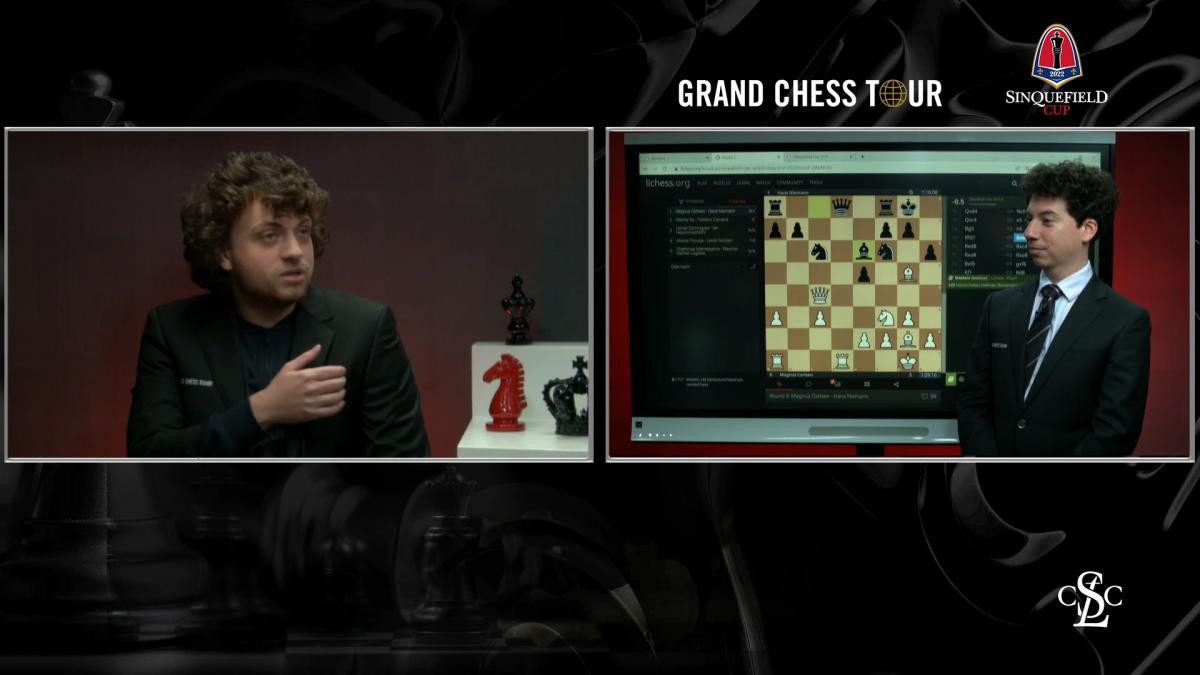
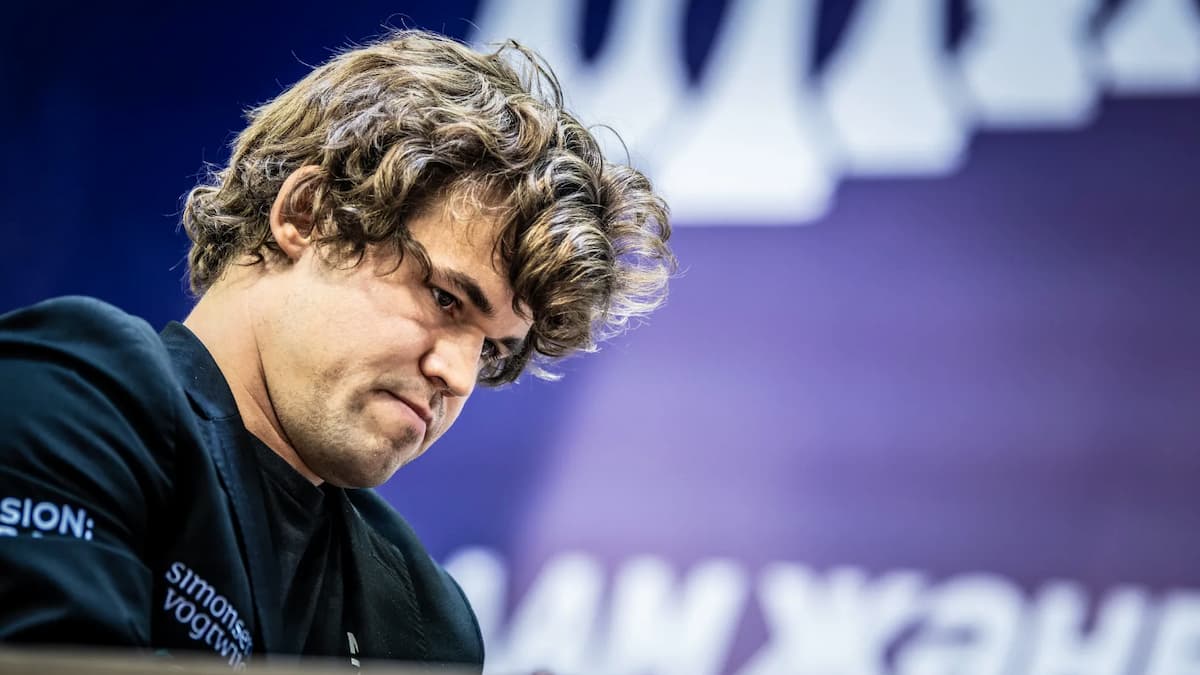
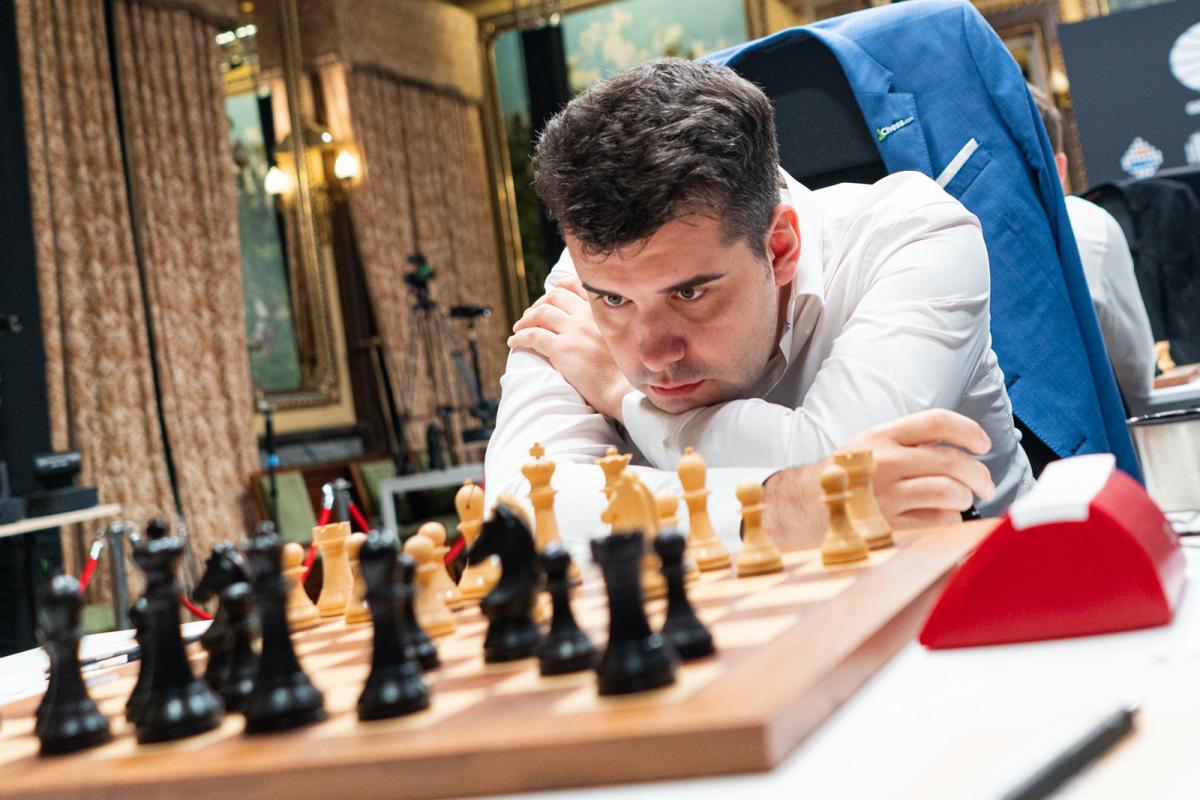
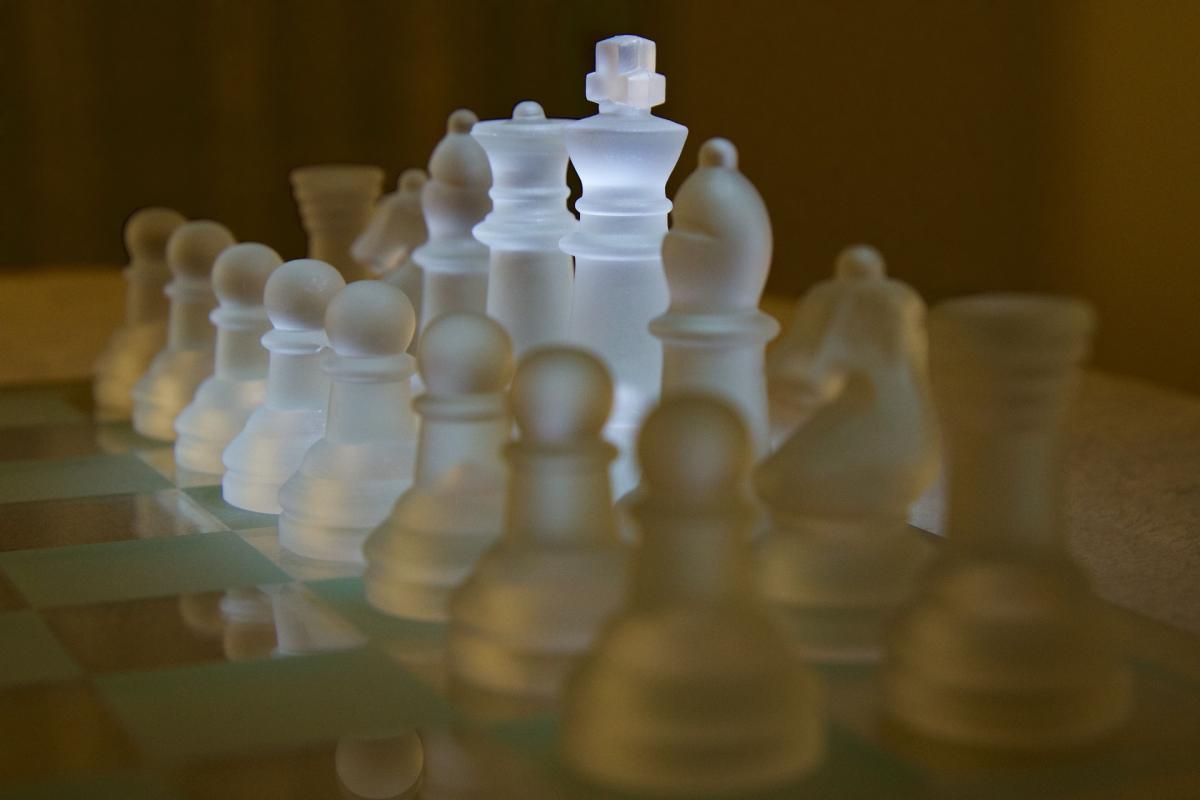

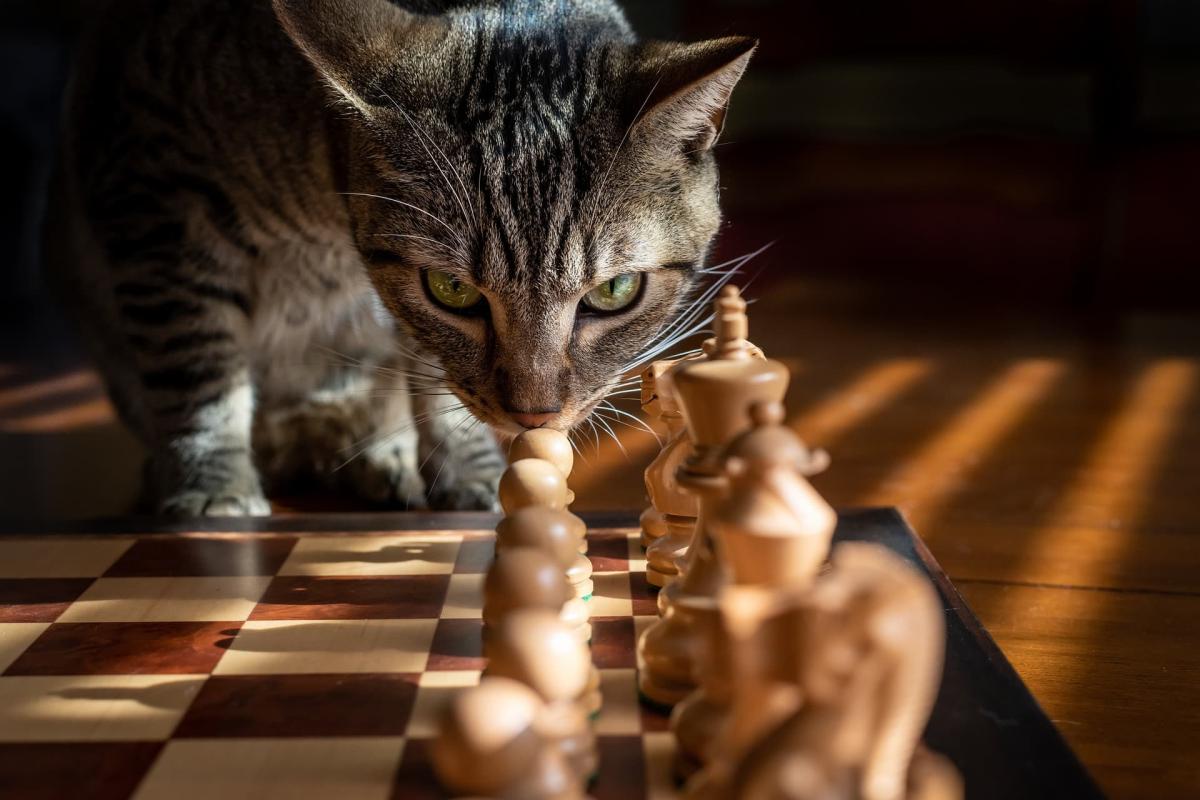
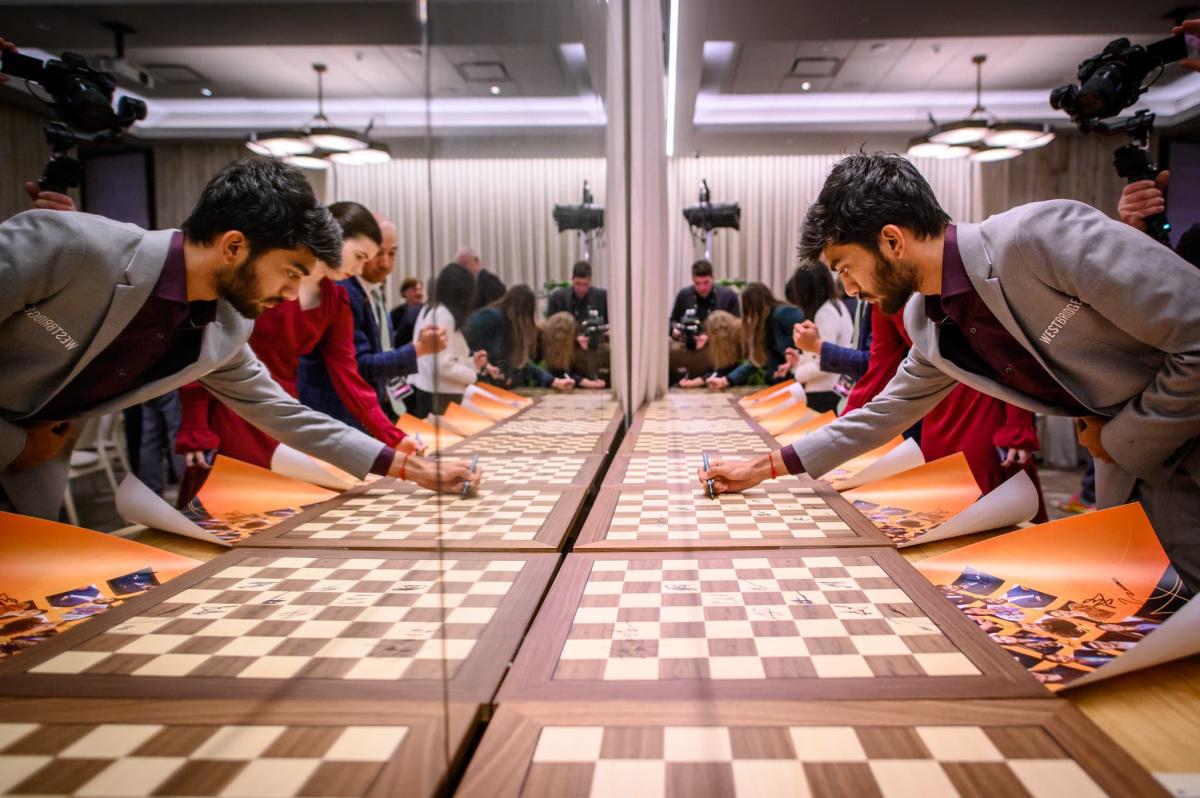
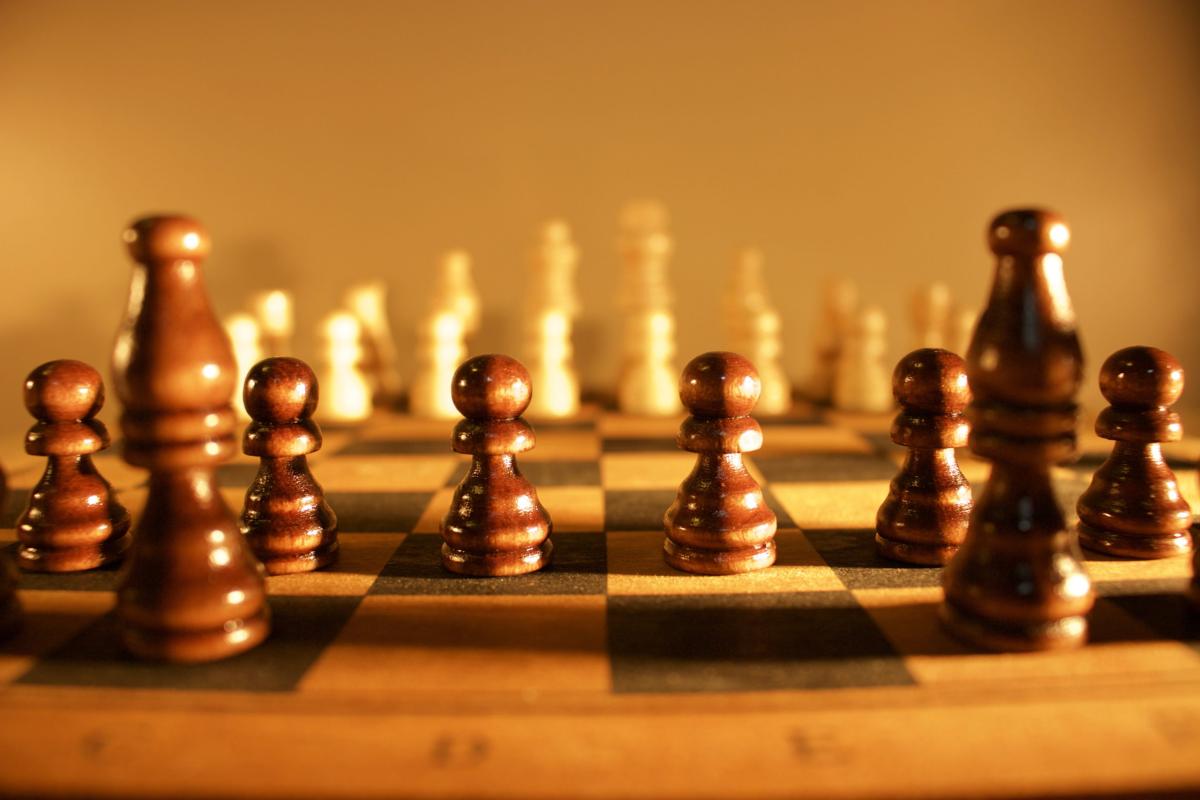
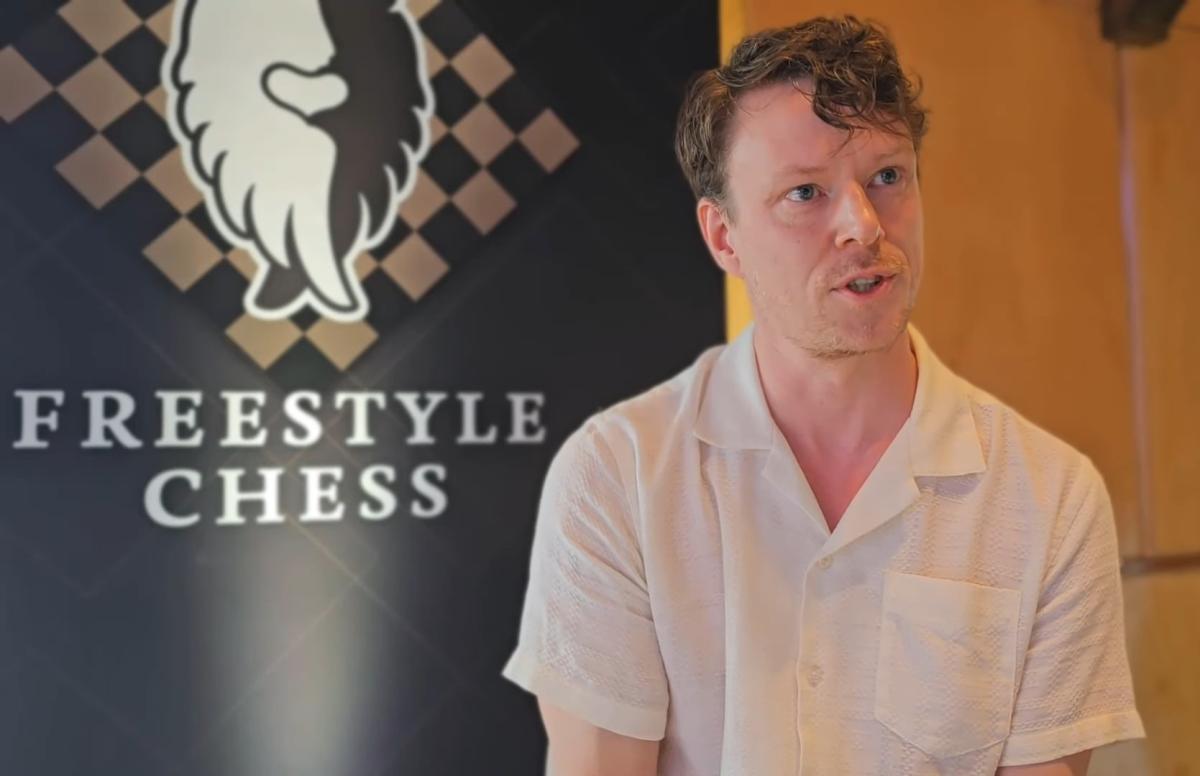

Published: Oct 5, 2022 03:53 am